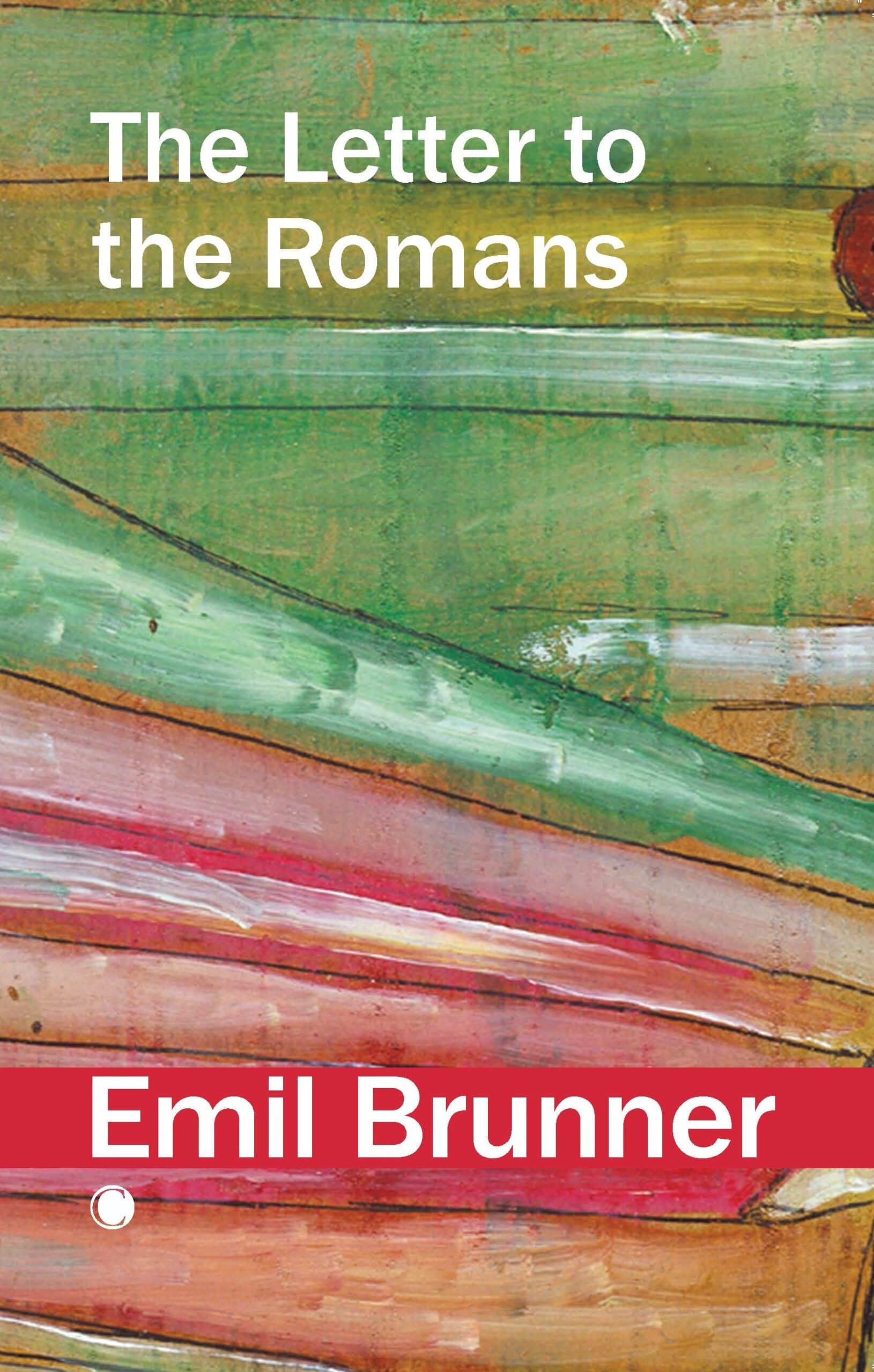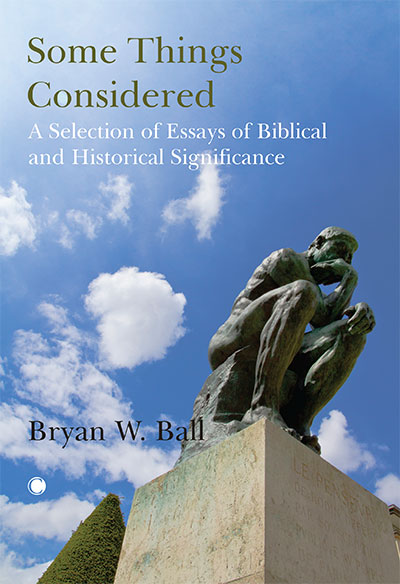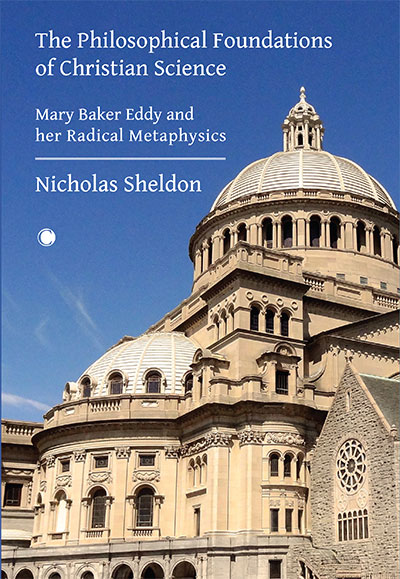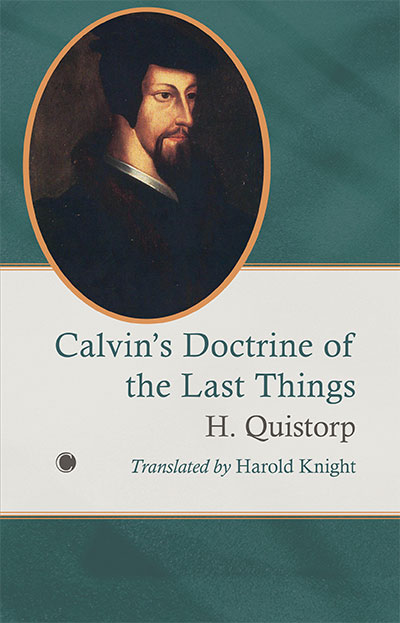Description
The Letter to the Romans, in Emil Brunner’s estimations, is, of all the books of the Bible, the closest to a theological treatise. Throughout centuries of Christian history, much has depended on the understanding and evaluation of Paul’s letter to the Romans.
Theologians have continued to consider the central questions of interpretation: what did Paul want to say to the Romans, and what does God want to say to us today? In Brunner’s meditation on the great Epistle, he elucidates the Pauline arguments and interpretations which have long been foundational to Christian belief.
About the Author
Emil Brunner (1889-1966) was one of the leading theologians of the twentieth century, and helped pave the course of modern Protestant theology. He was Professor of Systematic and Practical Theology at the University of Zürich and lectured around the world. His extensive writings published by James Clarke & Co. include The Great Invitation and Dogmatics.
Contents
Introduction
Part One: The Righteousness of God Through Faith in Jesus Christ (Chapters 1-8)
The Apostle and his Commission (1:1-7)
The Persons and the Subject Matter (1:8-17)
A. All Mankind’s Need of Redemption (1:18-3: 20)
God’s Wrath and Judgment on the Gentiles (1:18-32)
God’s Wrath and Judgment on Jews and Gentiles (2:1-29)
The Privilege of the Jews no Excuse (3:1-8)
God’s Judgment on Sinful Humanity (3:9-20)
B. The Redemption Through Jesus Christ (3:21-8: 39)
The New Basis of Life, the Gift of Righteousness (3:21-31)
The Righteousness of Faith in the Old and the New Covenant (4:1-25)
The New Prospect (5:1-11)
The History of Death and the History of Life (5:12-21)
The New Life from the Death of Christ (6:1-14)
The Victory over Sin (6:15-23) 41vi The Letter to the Romans Freedom from the Law (7:1-6)
The Law as an Instrument of Sin (7:7-13)
The Powerlessness of the Law (7:14-25)
Freedom and Life in the Spirit (8:1-17)
The New Hope (8:18-30)
The Assurance of Redemption (8:31-39)
Part Two: The Righteousness of God in His Ruling of History (9:1-11: 36)
The Painful Riddle of Israel (9:1-5)
The Freedom of God (9:6-29)
The Unbelief of Israel (9:30-10: 21)
The Self- righteousness of Israel (9:30-10: 3)
The True Way of Salvation (10:4-15)
The Disobedience of Israel (10:16-21)
The Faithfulness of God is greater than the Unfaithfulness of Man (11:1-36)
The Israel of Faith (11:1-10)
The Wisdom of God uses also the Sin of Man (11:11-24)
The Wisdom of God leads All Mankind to the Goal (11:25-36)
Part Three: The Life of the Christian (12:1-16:16)
The New Rule (12:1-2)
The Body and its Members (12:3-8)
The New Attitude (12:9-21)
Christians and the Political Order (13:1-7)
Love as the Fulfilment of the Law (13:8-10)
Waiting for the Consummation (13:11-14)
Freedom and Fellowship (14:1-12)
The Conscience of the Other Person (14:13-15: 4)
Unity in Diversity (15:5-13)
The World- wide Task and Fellowship (15:14-33)
The Personal Fellowship expressed in Salutations (16:1-16)
Final Exhortations (16:17-20)
The Companions of the Apostle (16:21-24)
The Praise of God (16:25-27)
Appendix: Some Leading Ideas in the Teaching of the Apostle Paul
Resurrection
Spirit and Flesh
1. The Human Spirit
2. The Flesh
3. The Holy Spirit
The Righteousness of God The Law and the Works of the Law
Faith
Grace
Sanctification
Jesus Christ
The Church, the Community
Love
Predestination, Election
The Justification of the Sinner
Sin
Baptism
The Wrath of God and Reconciliation





